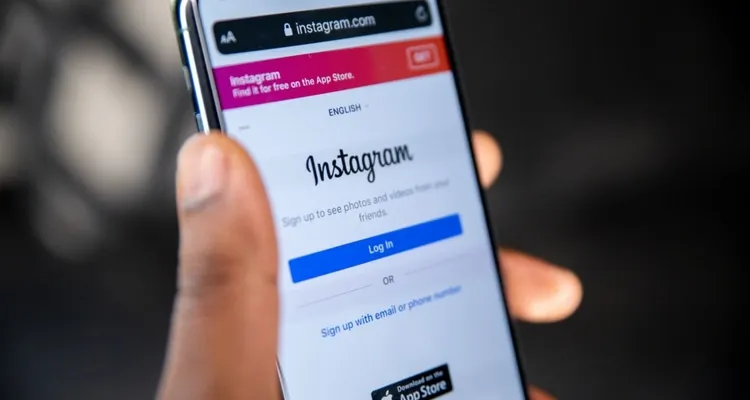The new special exhibition at the Museum for Communication is about the BBC program “Letters without Signature”. It shows what letters reveal about life in GDR times and how strong the desire for freedom of expression was.
While researching a BBC archive, author Susanne Schädlich came across around 40,000 letters in 2012, which had been almost forgotten to date. These are letters from listeners to the radio program “Letters without Signature” at the time, which the BBC’s Germany Service broadcasted to Germany, primarily the GDR, on Fridays for around 25 years. “Write to us wherever you are, whatever you have on your mind,” said moderator Austin Harrison to the audience: inside.
Susanne Schädlich worked on the letters to the editor and published her book “Letters without signature. How a BBC program challenged the GDR “- the impetus for the new special exhibition in the Museum for Communication. This can be seen since Thursday and until September 5th, but currently only in a virtual way.
The letters were “an important outlet” for citizens at the time, said curator Katharina Schillinger at the opening on Wednesday. Over the years, not only have the paper and the font format changed, but also the tone of voice within the letters. “The letters represent a cross-section of the broad GDR population and also their sensitivities,” Schillinger continued. In addition to fears and hardships, they also reflected opinions on political and social events, which in turn led to the GDR Ministry for State Security intervening and classifying the program as a hate speech. It was tried with great effort to identify the authors and to prosecute them. The BBC in turn used numerous tricks to protect the authors.
The exhibition now offers insights into the home of the writers, but also into the history of the GDR, the German Service of the BBC and the broadcast. Three authors of the letters report on their experiences and what motivated them to write those letters. The museum also hopes that the exhibition will build a bridge to the present and a discourse on freedom of expression. Freedom of expression continues to be an important issue that has changed thanks to social media such as Twitter, YouTube and Facebook.
“Letters without signature – GDR stories on BBC Radio”, until September 5; Public guided tours digitally on March 24th, April 27th and 27.5.
–


